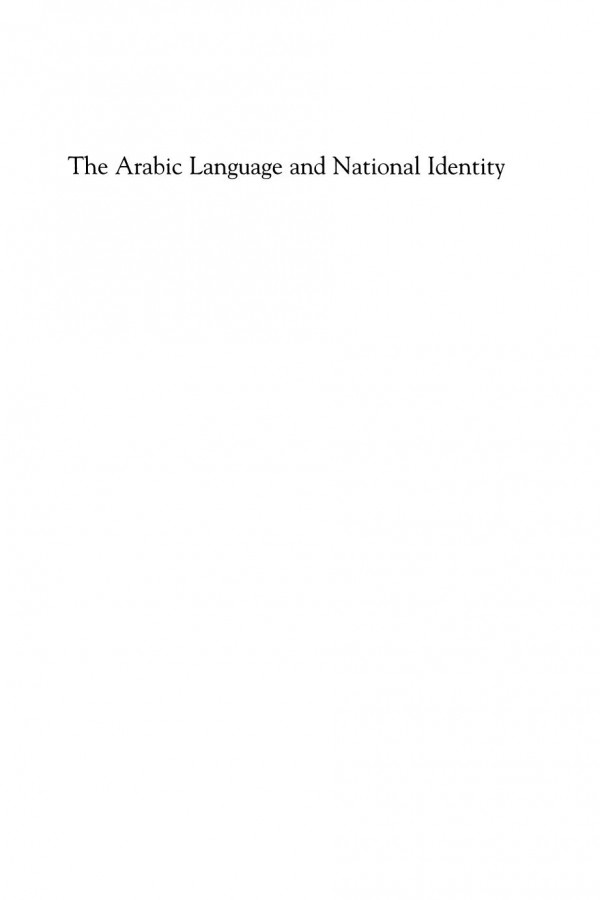

Most ebook files are in PDF format, so you can easily read them using various software such as Foxit Reader or directly on the Google Chrome browser.
Some ebook files are released by publishers in other formats such as .awz, .mobi, .epub, .fb2, etc. You may need to install specific software to read these formats on mobile/PC, such as Calibre.
Please read the tutorial at this link: https://ebookbell.com/faq
We offer FREE conversion to the popular formats you request; however, this may take some time. Therefore, right after payment, please email us, and we will try to provide the service as quickly as possible.
For some exceptional file formats or broken links (if any), please refrain from opening any disputes. Instead, email us first, and we will try to assist within a maximum of 6 hours.
EbookBell Team

5.0
20 reviewsGBS_insertPreviewButtonPopup('ISBN:9780748617074');
'A very useful addition to courses on Arab nationalism, nationalism in general, and Arabic linguistics.'
Professor Clive Holes FBA, Professor for the Study of the Contemporary Arab World, University of Oxford
'Masterfully combines his profound familiarity with the Arabic literature, the endless literature on nationalist ideology, and the very substantial sociolinguistic literature on language and ethnic identity.'
Professor Joshua Fishman, Distinguished University Research Professor of Social Sciences, Emeritus, Yeshiva University
'This compelling and timely study of Arabic culture, language, history, and nationalism by distinguished Arabic linguist Yasir Suleiman allows English-speaking audiences an inside view of key issues in understanding the Arab world. Based on Suleiman's extensive research in Arabic language and society, the book is scholarly but not pedantic, and will appeal to a wide range of readers.'
Karin C. Ryding, Sultan Qaboos bin Said Professor of Arabic, Georgetown University
Winner of the British-Kuwait Friendship Society Prize in Middle Eastern Studies 2004
A fresh perspective on nationalism in the Arab Middle East, investigating the interaction between language and nationalist ideology. It covers both communicative and symbolic functions of the language in relation to cultural and political nationalism and the articulation of national identity.
Includes:
This is the first full-scale study of this important topic and will be of interest to students of nationalism, Arab and comparative politics, Arabic Studies, history, cultural studies and sociolinguistics.